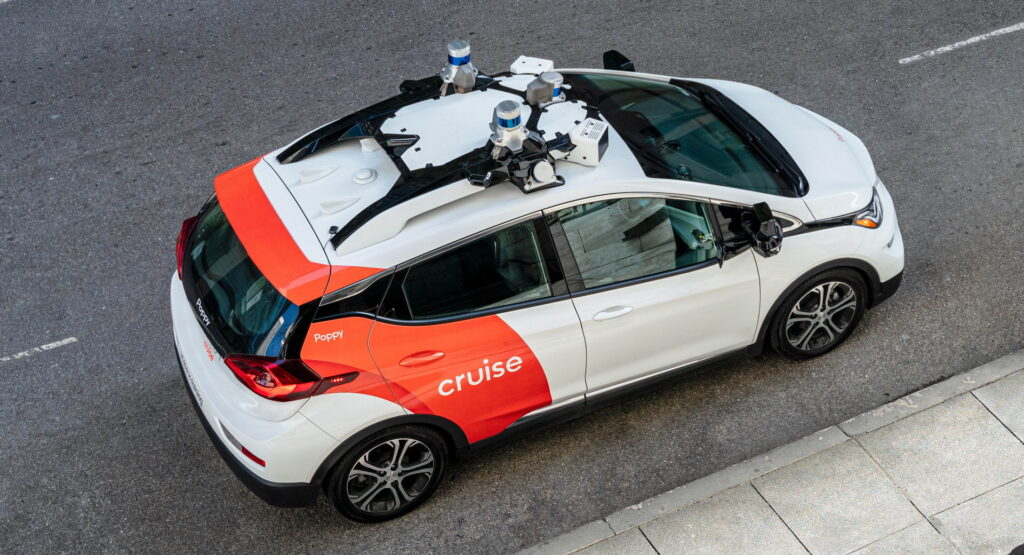Cruise became the first company to accept fares for driverless taxi rides in the U.S. last month after the California Public Utilities Commission issued its first license to do so in the state. The regulator did that despite receiving an anonymous letter from an alleged Cruise employee raising safety concerns about the company two weeks earlier.
The Wall Street Journal reports that the California regulator is looking into the concerns raised by the anonymous whistleblower after the outlet was allowed to see a copy of the letter. The letter’s author, whose identity has not been revealed, claimed to be a father who had worked at Cruise, which is owned by General Motors, for a number of years.
In the letter, the person said that Cruise’s vehicles regularly stalled at intersections, blocked lanes of traffic, and that employees quietly had concerns about the company’s readiness to rollout robotaxis.
Read More: GM’s Cruise Gets First Permit In California To Carry Paying Passengers In Driverless Cars
“Employees generally do not believe we are ready to launch to the public, but there is fear of admitting this because of expectations from leadership and investors,” the letter’s author wrote, per Automotive News, describing circumstances at the company as “indicative of a very chaotic environment.”
The person also wrote that information from collisions was hidden from employees who worked on critical safety systems. He also said that Cruise regularly experienced incidents in which vehicles stopped or were stranded (individually and in clusters) blocking traffic. The events were allegedly referred to internally as “VREs,” or Vehicle Retrieval Events, because, in some cases, the vehicles could not be recovered remotely and had to be physically towed away instead.
“My subjective opinion from experiencing this and speaking with others at the company is that employees generally do not believe we are ready to launch to the public,” the whistleblower stated.
Cruise told the Wall Street Journal that it has a transparent relationship with regulators and that it follows reporting requirements strictly.
“Our safety record is tracked, reported, and published by multiple government agencies,” a Cruise spokesperson said. “We’re proud of it and it speaks for itself.”
A spokesperson for the California Public Utilities Commission, meanwhile, noted that approval decisions are based on records it receives. Moreover, it has the ability to suspend or revoke an autonomous vehicle permit at any time.
“We look into the issue to determine validity and whether the entity is adhering to our rules and regulations and take additional regulatory action based on those findings,” the spokesperson added.






